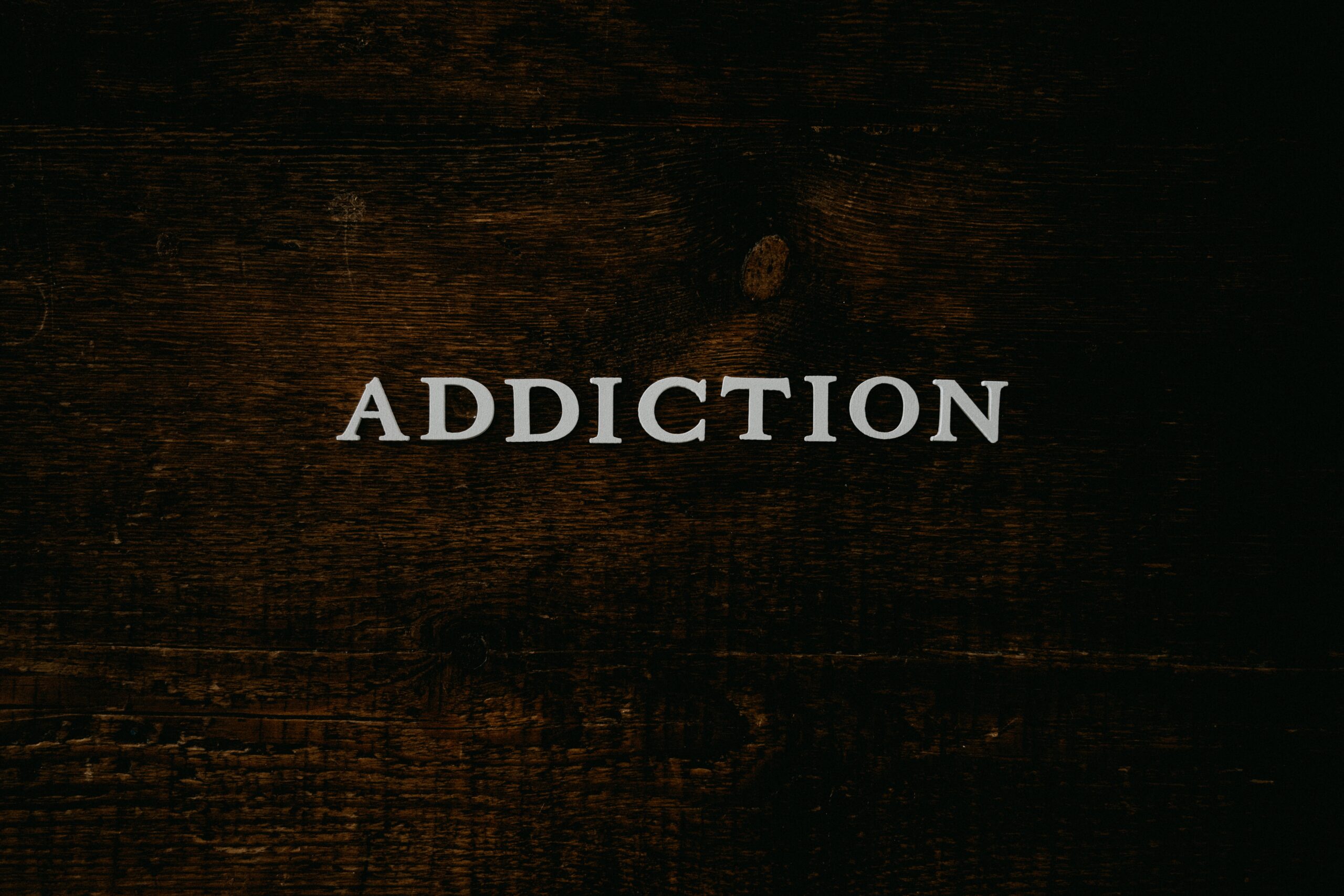Obsession and addiction are two terms that are often used interchangeably, but they actually have distinct meanings. Understanding the differences between these two concepts is essential to gain insight into the complexities of human behavior and the potential risks involved. In this article, we will explore the contrasting features of obsession and addiction and shed light on the specific characteristics that set them apart.
Understanding Addiction
Addiction is a chronic, often relapsing brain disorder characterized by a compulsive need to engage in a particular behavior or consume a substance despite the harmful consequences. It is marked by significant changes in the brain’s structure and function, particularly in reward, motivation, and memory. The hallmark of addiction is the uncontrollable urge to continue the addictive behavior or substance use disorder, even when it negatively affects the person’s health, relationships, and overall quality of life. Recognizing the need for comprehensive support in overcoming these challenges, many turn to specialized facilities like an alcohol detox center in Southern California, which offers targeted treatments designed to address the physical aspects of addiction, providing a crucial first step toward recovery.
Key Characteristics of Addiction:
- Physical Dependence: In many cases, addiction involves a physical dependence on a substance, such as alcohol or drug addiction. This is accompanied by withdrawal symptoms when the substance is not consumed.
- Tolerance: Over time, individuals with addiction may require larger amounts of the substance or more intense engagement in the behavior to achieve the same level of satisfaction or ‘high.’
- Life Disruption: Addiction disrupts daily life, often leading to neglect of responsibilities, strained relationships, and detrimental health impacts. In addressing these challenges, many find support through resources like Oxnard rehab centers, which offer specialized programs tailored to the unique needs of individuals struggling with addiction.
Understanding Obsession
Obsession, on the other hand, is a persistent, intrusive, and unwanted thought, image, or urge that causes significant anxiety or distress. It is a key feature of Obsessive-Compulsive Disorder (OCD) but can also occur outside of this condition.
Key Characteristics of Obsession:
- Intrusive Thoughts: Obsessions are often repetitive and unwanted thoughts or images that cause distress or anxiety.
- Anxiety-Driven: The primary driver of obsessive behavior is anxiety reduction, not the pursuit of pleasure.
- Ritualistic Behaviors: Obsessions often lead to compulsions, which are repetitive behaviors or mental acts that the person feels compelled to perform in response to the obsession.
Distinguishing Addiction from Obsession
- Pleasure vs. Anxiety Relief: The fundamental difference between addiction and obsession lies in their motivational roots. Addiction is driven by the pursuit of pleasure or relief from withdrawal symptoms, whereas obsession is driven by the need to alleviate anxiety or prevent a feared scenario.
- Behavioral Patterns: Behavioral addictions are typically rewarding at first, leading to repeated engagement. Obsessive behaviors, however, are not initially pleasurable but are performed to mitigate anxiety.
- Physical Dependence: Addiction often, but not always, includes a physical component, where the body becomes dependent on a substance. Obsession does not involve physical dependence.
- Impact on Life: While both addiction and obsession can disrupt daily functioning, the nature of this disruption differs. Addiction often leads to a downward spiral in personal and professional life due to the pursuit of addictive substances. Obsession, however, results in a cycle of anxiety and compulsive behaviors to alleviate that anxiety.
Treatment and Management
Addressing both addiction and obsession requires a nuanced and individualized approach. Ventura County substance abuse treatment often involves detoxification, medication-assisted therapy, counseling, and support groups. For obsession, cognitive-behavioral therapy (CBT), particularly Exposure and Response Prevention (ERP), is considered effective, along with medication like SSRIs.
Nestled in the picturesque landscape of Camarillo, Ventura County, California, Altitude Recovery Community stands out as a leading-edge, luxurious rehab facility specializing in drug and alcohol treatment. Our comprehensive program caters to individuals from Ventura, Oxnard, Thousand Oaks, Ojai, Simi Valley, Malibu, and beyond, including those outside California. At the heart of our approach is the belief in the power of community and tailor-made therapy to facilitate enduring recovery from substance addiction. We merge scientifically-backed treatments with holistic approaches, creating customized recovery plans that support our clients’ unique paths to sobriety. Reach out to us for a transformative rehab experience.
Frequently Asked Questions
What is addiction, and how is it classified as a chronic disease?
Addiction is recognized as a chronic brain disorder that involves compulsive engagement in rewarding stimuli despite adverse consequences. It is characterized by changes in brain structure and function, particularly in areas related to reward, motivation, and memory. It is considered a chronic disease due to its long-lasting effects and tendency for relapse.
What are the key differences between addiction and obsession, according to the American Society of Addiction Medicine?
The American Society of Addiction Medicine defines addiction primarily as a pursuit of pleasure or avoidance of withdrawal symptoms driven by physical and psychological dependence. Obsession, contrastingly, is driven by anxiety relief, where the individual engages in ritualistic routines to alleviate distress without any initial pleasure involved.
How do environmental factors influence addiction and obsessive behaviors?
Environmental factors, including life stressors, exposure to drugs, and quality of interpersonal relationships, can significantly influence both addictive and obsessive behaviors. In addiction, such factors can affect the onset and progression of substance use disorders, while in obsessions, they may trigger or exacerbate intrusive thoughts and compulsive actions.
Can you explain the concept of compulsion in the context of obsessive-compulsive disorder and how it differs from addictive behaviors?
Compulsion in obsessive-compulsive disorder involves repetitive behaviors or mental acts performed to reduce the distress associated with intrusive obsessions. Unlike addictive behaviors that are initially pleasurable and aimed at obtaining a sense of pleasure, compulsions are primarily anxiety-driven and not pursued for pleasure.
What treatment options are effective for managing addiction, and how do they address the underlying issues of the disorder?
Effective addiction treatment often includes a comprehensive treatment plan that combines medication-assisted treatment, counseling, and support groups to address both the physical and psychological aspects of the disorder. This approach helps manage withdrawal symptoms, treat underlying mental health conditions, and provide strategies for maintaining a healthy life.
How does cognitive-behavioral therapy (CBT) aid in the treatment of obsession, and what are its key components?
Cognitive-behavioral therapy, particularly Exposure and Response Prevention (ERP), is effective in treating obsessions. CBT focuses on identifying and challenging the irrational beliefs associated with obsessive thoughts and gradually exposes the individual to anxiety-inducing stimuli to decrease their response over time.
What are some signs of an intensive outpatient program’s success in treating behavioral addictions like Internet addiction or gambling?
Signs of success in an intensive outpatient program (IOP) for behavioral addictions include reduced engagement in the addictive behavior, improved ability to manage urges, better handling of daily routines, and enhanced overall mental health. Programs typically incorporate group therapy, individual counseling, and educational workshops to help individuals develop coping mechanisms and relapse prevention strategies.






